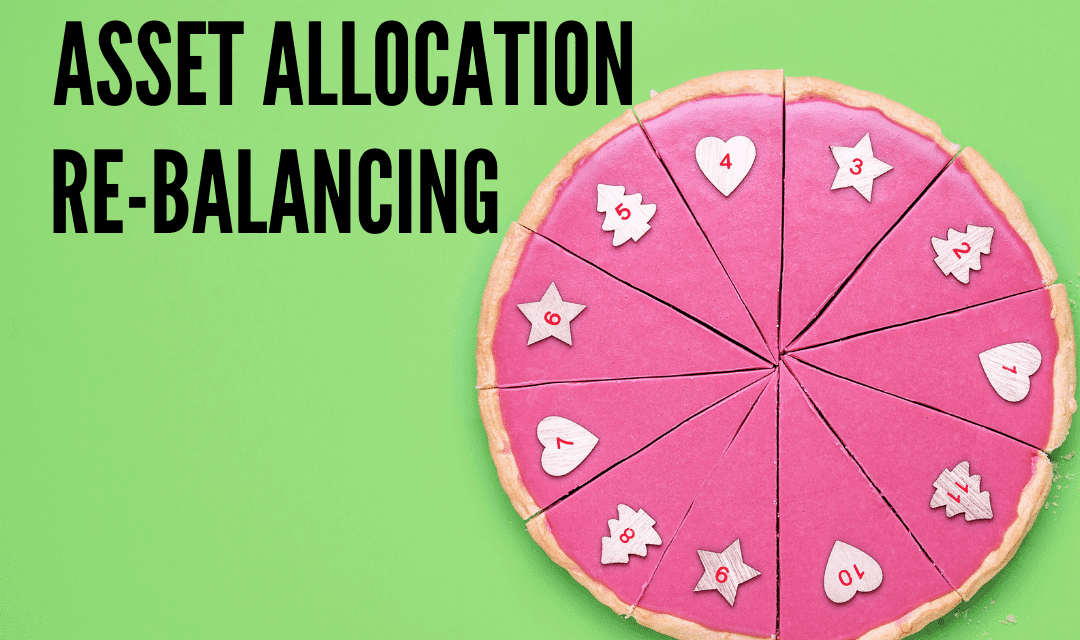I’m joined by Rupert Carlyon, CEO of Kiwisaver provider Kōura, to discuss how to bake your financial pie and stick to the recipe, and why your asset allocation shouldn’t be one size fits all.
When Rupert Carlyon, CEO of Kiwisaver fund, Kōura, tells me that “asset allocation is something near and dear to my heart” my first instinct is to laugh out loud – how could something so boring be so good?
If buying and selling flashy individual stocks is the weekend Tesla joyride side of investing, “asset allocation” sounds more like commuting to work in a Toyota corolla. My morning commute is not, by any means, near and dear to my heart.
But I wanted to hear him out.
Carlyon’s built a Kiwisaver scheme which upends the simplistic idea of assets falling into three different classes — conservative, balanced and growth. Just as being ‘conservative’ doesn’t mean you agree with every National Party policy, the Kiwisaver industry has survived for too long now dividing people along crude party lines.
Kōura’s online advice tool helps place people across the spectrum of risk profiles, so naturally, as time passes, so does the way you’re invested.
Definition: Asset allocation is a simple concept really – It’s the implementation of an investment strategy, designed to to balance risk and reward by adjusting the percentage of each asset in an investment portfolio. The assets may be cash / fixed interest / property or shares. Each asset type has different characteristics like including volatility (how much is it going to change in value), returns (how much are you going to be rewarded for your risk over time) and liquidity (the ability to convert the asset into cash).
“As much as it might not feel like it for some people, Kiwisaver is an investment. It’s not set and forget. If you’re going to be retiring at 65, by 45 you should already be reconsidering asset allocation,” said Rupert.
Similarly, asset allocation is an important concept for all investors to understand as you slice up your own pie. What is your risk appetite now? What about five years from now? What proportion of your overall portfolio will go to high risk but high return investments like shares? How much toward things like bonds and well diversified exchange traded funds?
Once you’ve determined how you’d like to divvy up the pie, you need to build a proper strategy and stick to it. The pie you made six months ago might look considerably different to the one you have now, particularly as different parts of the portfolio outperformed and outgrew others.
This is where the idea of rebalancing comes in.
Rebalancing is the act of skimming off the top of some of the elite performers in your portfolio, and putting some of those earnings into parts that might not have done as impressively. It’s a way to keep your investment strategy consistent and strategic, which is highly likely to correlate to long term success.
It’s counter intuitive for most to murder your darlings however.
“Do you really think you should have 99% of money in Tesla? I don’t think you want your whole livelihood based on Elon Musk’s next tweet.”
Rebalancing and asset allocation may not sound like the world’s sexiest conversation topics, but it’s incredibly sensible if not for this very simple reason: When investing seriously, you need to have a strategy, and this is as bullet proof as they come.
Disclaimer: Koura Wealth is a partner of the NZ Everyday Investor and has contributed financially towards the podcast to support content designed to empower everyday investors.
_________________________________________________________________
The NZ Everyday Investor is brought to you in partnership with Hatch. Hatch, let’s you become a shareholder in the world’s biggest companies and funds. We’re talking about Apple and Zoom, Vanguard and Blackrock.
So, if you’re listening in right now and have thought about investing in the US share markets, well, Hatch has given us a special offer just for you… they’ll give you a $20 NZD top-up when you make an initial deposit into your Hatch account of $100NZD or more.
Just go to https://hatch.as/NZEverydayInvestor to grab your top up.
__________________________________________________________________
Like what you’ve heard?
You can really help with the success of the NZ Everyday Investor by doing the following:
1- Tell your friends!
2- Write a review on Facebook, or your favourite podcast player
3- Help support the mission of our show on Patreon by contributing here
4- To catch the live episodes, please ensure you have subscribed to us on Youtube:
5- Sign up to our newsletter here
NZ Everyday Investor is on a mission to increase financial literacy and make investing more accessible for the everyday person!
Please ensure that you act independently from any of the content provided in these episodes – it should not be considered personalised financial advice for you. This means, you should either do your own research taking on board a broad range of opinions, or ideally, consult and engage an authorised financial adviser to provide guidance around your specific goals and objectives.
_____________________________________________________________________________






